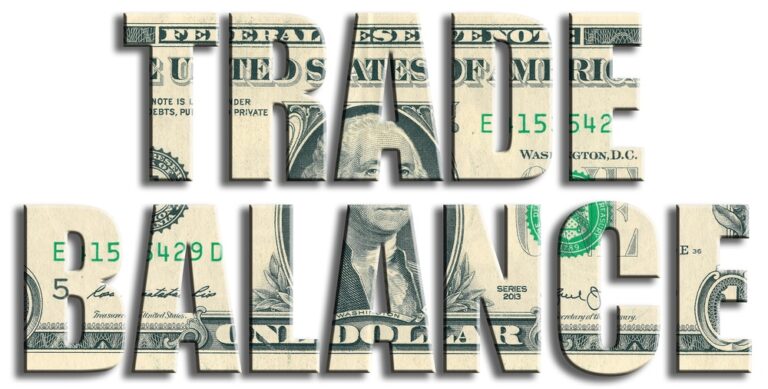Dear reader, here is a thought experiment on how to think about international trade and its impact on a country’s wealth.
Suppose one day all the countries of the world suddenly said in unison, “Hey, America!” We think you’re the best, and to show you how much we love you, we’ve decided to send you 10% of every product we produce for free from now on . Instead, you don’t need to send us anything. Everything you create can be kept as your own. Plus, you get all the benefits we send you!” Suddenly, Americans were receiving cars, books, electronics, food, and more for free. Wouldn’t it be great if other countries decided to send us lots of valuable things for free? (It would be great for Americans, anyway, but the citizens of those countries It’s not that great.)
Now, imagine the opposite scenario unfolding. Every country on earth has decided to say, “Hey, America!” We think you’re really terrible, and we’ve decided that from now on you have to send us a tithe consisting of 10% of everything you produce, and we We will not send you anything in return. We keep everything we produce as our own. ”Currently, many goods and services produced by Americans can no longer be consumed by Americans, and some Americans now consume goods and services produced elsewhere in the world. plug. Wouldn’t it be terrible if we were sending so many valuable things to the world and getting nothing in return? (Terrible for Americans, anyway, but other countries It’s a great thing for the people of
Time for a new scenario. This is the same as the first scenario, only instead of countries all over the world sending things to us for free, they send all these things to America in exchange for 1% of the goods we are sending. I have decided that. Getting a lot in exchange for giving up a little isn’t as good a deal as getting a lot for free, but it’s still a really good deal.
The last scenario – same as the second, but instead of forcing Americans to send 10% of what America produces in exchange for free, every other country in the world sends the same 1% that Americans send. I agree to send the item. Sending a lot and getting only a small amount in exchange isn’t as bad as sending a lot and getting nothing, but it’s still a poor deal.
However, in the first and third scenarios above, the United States actually has a trade deficit with the world, whereas in the second and fourth scenarios, the United States has a trade surplus. What would happen if I said that? Does that suddenly change which scenarios are good or bad? Obviously not. If you’re an American citizen, your trade deficit situation is still much better, but your trade surplus situation is still pretty bad. In the trade deficit scenario, Americans could consume all (or nearly all) of the goods and services they produce and then consume more on top of that, whereas in the second scenario, Americans could They consume less of the goods and services they produce than they produce, resulting in a trade deficit (or little gain). Offsetting profits from goods and services produced elsewhere.
In international trade, imports are profits and exports are costs. Paul Krugman says, “The purpose of trade is imports, not exports. What a country gains from trade is the ability to import what it wants. Exports are not an end in themselves. It is so vulgar that it is not allowed to be imported. “A country with a trade deficit (in other words, a country with an investment surplus) sends out more than its citizens send out for consumption by foreigners.” A country where citizens receive goods and services from foreigners.
Those who argue that Americans would benefit if they just exported more goods and services and imported fewer goods and services argue that while the second and fourth scenarios actually make Americans richer, One would have to conclude that scenarios 1 and 3 leave America poor. Too many people think that a trade deficit is in some sense similar to a household budget deficit. If expenses are consistently higher than income, the household budget will be in the red, and if this continues for a long time, the situation will turn out to be very bad. When people hear that the United States has a trade deficit, they think that the United States is like a household that spends more than it earns, but that is simply a categorization error. Trade deficits and fiscal deficits represent two distinctly different things. The idea that countries with current account deficits due to trade are in some way similar to household spending beyond their means, and the populist movement inspired by this confused idea, echoes common economic wisdom. It has to be one of the most harmful things in the world. .


